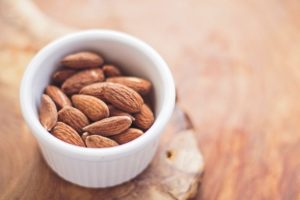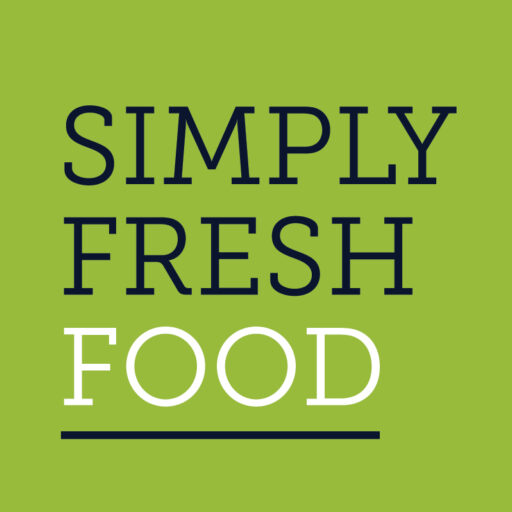What’s in a name? Meat free alternatives versus plant based? Why is the name of something important to us?
It’s because a name is directly linked to identity. We apply emotions, values and beliefs to identity.
When we name something, we affect how it is identified and how it is perceived.
Do you think Meat-Free is the same as Plant-Based? Is Meat-Alternative the same as Meat-Free? Is Vegan the same as Plant-Based? Some vegetarian/vegans don’t like the word Meat to be used in the description of the products they buy because the food they choose to eat has no associations with meat, so should it be called Meat Free?
In recent years there have been many legal debates over quite a few products and their names/labels. Two examples include “Milk” and “Champagne”.
According to the Oxford Dictionary, the definition of milk is “an opaque white fluid rich in fat and protein, secreted by female mammals for the nourishment of their young”.

In America in recent months, the Food and Drug Administration (FDA) is reviewing whether it should continue to allow plant-based products to have words like “milk” in their labelling.
The FDA uses a regulation called the Standard of Identity to “establish the criteria which must be met before a product may be labeled as being a certain food”. They are legally binding definitions of products.
The dairy industry has argued for almost 20 years that the FDA has not policed the definition of milk because products made from soy, almonds, rice, coconut, cashews, hemp, and oats have been labelled as “milks”. The Dairy Industry wants to claim words like “milk” and “yoghurt” exclusively for dairy products.


The FDA is attempting to update this information to meet marketing trends and the latest nutritional science.
Plant-based milk products have different nutritional profiles and tastes to dairy products. Dairy Milk, according to food chemists, is a liquid combination of fat, protein, enzymes, vitamins, and sugar. Vitamin B12, which is required for brain function is found in cow’s milk but is not found in plants.
Even though plant-based products don’t have the same nutritional profile or taste, they still use the milk “brand.” This is the basis of the milk industry’s argument for stricter labeling rules. People are not confused about where plant milk comes from, but the term “milk” evokes a nutritional profile that these milk alternatives do not meet.
The brand Champagne has also been fighting to protect its name since it first became recognized as an appellation. According to Wikipedia, “an appellation is a legally defined and protected geographical indication used to identify where the grapes for a wine were grown”.

Champagne is a sparkling wine. For many years, Champagne was used as a generic word to describe all sparkling wines. In recent years, Champagne won a legal battle in parts of the EU claiming that it is illegal to label any product Champagne unless it meets the following criteria:
- comes from the Champagne region in France
- is produced under the rules of appellation that demand secondary fermentation of the wine in the bottle to create carbonation,
- specific vineyard practices,
- specific pressing regimes
- and sourcing of grapes.
And what about the words Plant-based and Vegan? People do not view being Vegan or Plant-based in the same way. Being Plant based is considered as a positive health choice whereas being a Vegan is viewed as following a serious dietary commitment based on a cause that defines them (animal rights, environmental activism).
By choosing a product or a brand, we choose how it reflects our identity, our values, our health and our beliefs. Our choices create a connection to the world around us and show what we choose to surround ourselves with.
What’s in a name? Ours is the Simply Fresh Food Company. We are Food Innovators. We can create great tasting, real food with you. What will the name of our next creation be?

Recent Comments